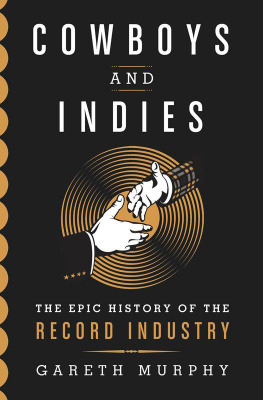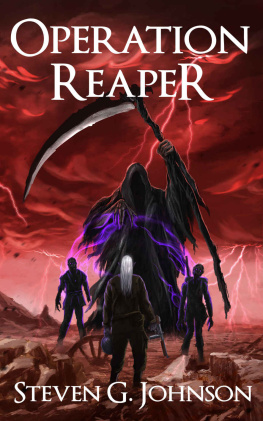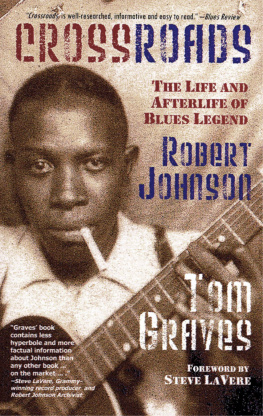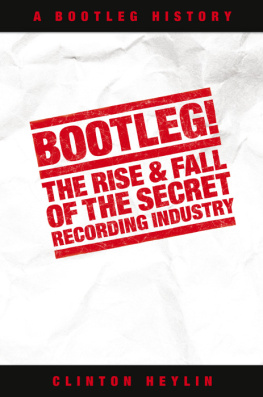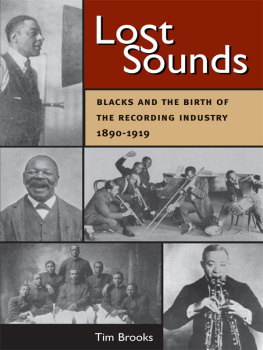
The author and publisher have provided this e-book to you for your personal use only. You may not make this e-book publicly available in any way. Copyright infringement is against the law. If you believe the copy of this e-book you are reading infringes on the authors copyright, please notify the publisher at: us.macmillanusa.com/piracy.
CONTENTS
ACKNOWLEDGMENTS
Profound thanks to the following record men for all their tales, confessions, and insights:
Martin Mills (Beggars Banquet, Founder)
Jac Holzman (Elektra, Founder)
Jerry Moss (A&M, Founder)
Seymour Stein (Sire, Founder)
Andrew Loog Oldham (Rolling Stones / Immediate, Founder)
Daniel Miller (Mute, Founder)
Geoff Travis (Rough Trade, Founder)
Chris Wright (Chrysalis, Cofounder)
Terry Ellis (Chrysalis, Cofounder)
Simon Draper (Virgin Records, A&R / Cofounder)
Dave Robinson (Stiff, Founder)
Ivo Watts-Russell (4AD, Founder)
Derek Green (A&M, London MD)
Laurence Bell (Domino, Founder)
Stan Cornyn (Warner Bros Records, Creative Services)
Larry Harris (Casablanca, VP)
David Enthoven (EG Management)
Tim Clark (Island, MD)
David Betteridge (Island / CBS, MD)
Andrew Lauder (United Artists / Radar / Island, A&R)
Bruce Pavitt (Sub Pop, Founder)
Craig Kallman (Atlantic Records, CEO)
Tom Silverman (Tommy Boy, Founder)
Rick Rubin (Def Jam, Founder)
Other sources:
John P. Hammond, Charly Prevost, Tom Hayes, Danny Krivit, Trevor Wyatt, Derek Birkett, Patrick Zelnik, Bob Garcia, Harold Childs, Lionel Conway, Art Jaeger, Ray Cooper, John Heyman, Tony Pye, Thomas H. White, Patrick Feaster, Rick Bleiweiss, Steve Knopper, David Ritz, Nigel House, Kathy Kenyon, Howard Thompson, Steve Lispon, Martin Kirkup, Bill Halverson, and Tom Vickers.
Special thanks to:
Jeff Capshew, Rob Kirkpatrick, India Cooper, Jennifer Letwack, Nicole Sohl, Franoise Cruz, Judith Azoulay, Andre Azoulay, Rosita Sarnoff, Peter Pace, Sara Clarson, Lora-Jean Oliver, Pat Rowley, Paul Babin, Cassie Williams, Alison Wenham, Kevin Conroy Scott, Peter Simon, Antoine Giacomoni, Denis Stass, Tom Zito, Kristan Crossley, Bob Kaus, Grayson Dantzic, Thomas Tierney, Gudrun Shea, Heidi Robinson-Fitzgerald, Simon Duke, Robert Hogan, Mark Doyle, Tara Murphy, and James Azoulay-Murphy.
Extra special thanks to my rock n roll parents, Pat and Marie, without whom this book could never have been written.
PREFACE
Love, they say, is like the windyou dont know where itll come from next. The same is true of music.
To begin at the beginning, the craft of discovering and selling music isnt really an industry. Its a game. Its a way of life. Its solitary hunters chasing their muse through the wilderness. Its a marketplace of sellers. Its preachers and fanatics. Its collectors, browsers, and Saturday strollers. Theres plenty in this book about gambling and hustling, but the focus is on the musically literate prospectorsthe indies, the midwives, the wave catcherswho source the raw material and ride it into town.
The writing of this book took some twists and turns as three years of digging threw up some surprisesin particular, a stock phrase veterans kept repeating as they described the legends in the trade. He was a real record man, theyd say. The respectful tone in which record man was always evoked pointed the way to subtle distinctions inside the music business. Although deceptively simple, record man is an old term, somewhat ambiguous but nonetheless an honor reserved for a certain caliber of entrepreneur who knows his music.
In a game largely populated by bullshitters, being a real record man means getting lucky more than just once or twice. It means picking the winning ticket lots of times, often in different eras. This book maps out the life and times of the fifty or so pioneers who form the branches of the record industrys genealogical tree.
When you consider how all the major musical discoveries of the last 130 years inspired the genres that enabled clusters of record companies to finance thousands of other records, its easy to understand the importance of record men in the greater scheme of things. All it takes is one big findsometimes even just a three-minute songto spark a cultural explosion that in turn opens up a billion-dollar gold mine.
Drawing from dead mens letters, trade journals, archives, correspondence, and a hundred hours of exclusive interviews, this book has dug up thousands of things you probably dont know about music. I set out on a mission to write what I hoped would be the record business bible, the type of book I wish somebody had given me when I was seventeen years old. I imagined a living, wide-screen history bookwritten in the form of a road map through the decades, visiting all the important happenings and characters of the record industrys life.
The itinerary starts in Paris in 1860 and follows a time line through Washington, D.C., New York, London, Berlin, Memphis, Detroit, Los Angeles, Jamaica, South Africa, and various other locations where each record mans destiny was forged. Along that winding storyboard, musical genres come and go in a never-ending process of cross-fertilizationvaudeville, opera, blues, jazz, hillbilly, R&B, rock n roll, folk, psychedelia, progressive rock, reggae, disco, New Wave, postpunk, synth-pop, hip-hop, electronica
Needless to say, this book was written at a time when the majority of media observers were confidently predicting the imminent death of the record-buying tradethe conventional wisdom being that nothing like the digital revolution has been experienced before. Imagine my shock to look up one day as I sifted through archives of early music-business history and find a proverbial elephant standing in the library: The record business of the twenties and thirties experienced a crash even more devastating than the recent one. Curiously, in my various interviews with todays record moguls, nobody really knew.
That forgotten crash, which began with the arrival of radio, culminated in a near-death experience in which the forty-year-old phonograph industry shrank to just 5 percent of its former size. Left for dead by banks, a number of die-hard record men in the Great Depression tilled the desert with swing, blues, and folk records. With a little help from jukeboxes, things began to pick up in the late thirties and forties. After a twenty-year dark age, a supposedly obsolete format rose from its coma and charged out of the hospital all guns blazing.
Its arguable that much of todays doom and gloom about the Internet supposedly driving the record industry into extinction is little more than a consequence of our limited knowledge of the musical world before Elvis. In this new century of rebuilding, isnt it time we take a step back, see the bigger picture?
Fact is, rock n roll inherited everything from that forgotten infancy: the majors, the contracts, music publishing, the collection societies, radio stations, distribution networks, equipment, jargon. As a musical experiment, it mixed up all the records of the twenties and thirtiesrather like a bohemian rummaging in a secondhand clothing store. Most of the great star spotters of the fifties, sixties, seventies, and eighties learned the game in the Jazz Age. Their heightened sense of judgment was firmly rooted in musical culture. Neither futurists nor fashion victims, they possessed an innate sense of history and timelessness.
As the bigger picture illustrates beyond any doubt, the record business is inherently cyclical. Fallow periods tend to follow bumper harvests. Todays predicament, in which an ever-dwindling generation of rock n roll impresarios finds itself tiptoeing into the terrifying crosscurrents of the digital age, can only make sense when viewed within a complete time frame. Difficult as market conditions are today, our struggling record business has not become extinct; a tribe of indie diehards is currently trudging through the desertsurviving on weeds, puddles, and their undying belief in music. In fact, todays open field is probably a place of immense opportunity. When the rivers flow again, the elected will build viaducts, hanging gardens, new temples, and new marketplaces.
Next page
